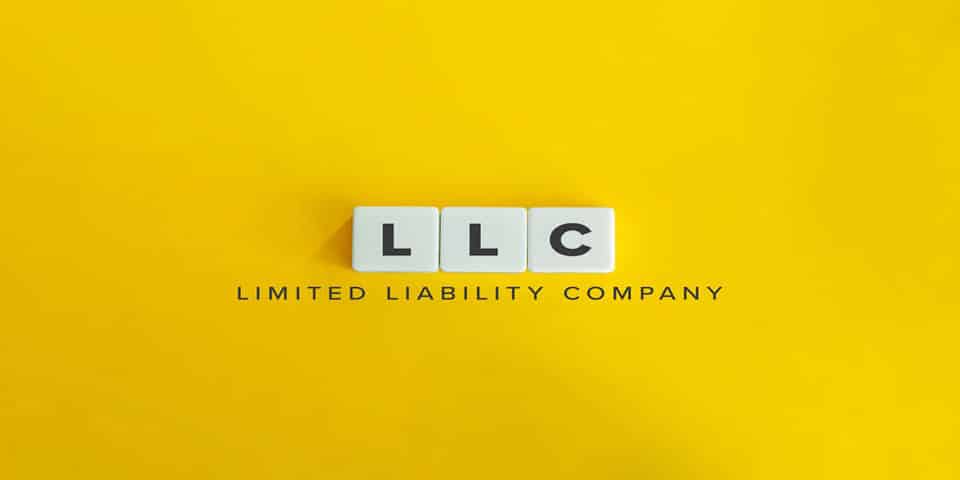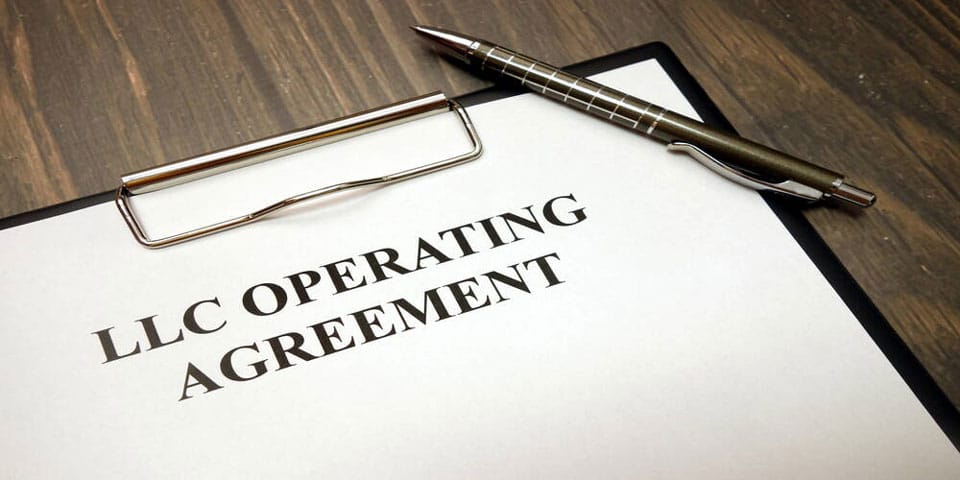An Essential Guide To Setting Up A Limited Liability Company (LLC)

Running an enterprise is one of the promising ways to generate income. Moreover, it allows owners to become their own bosses and manage their schedules more efficiently. And that could be one of the reasons why several businesses get launched now and then.
However, launching a business may be more complex than it seems. For one, it’s not just about planning the products or services you’ll be offering or having strategic marketing campaigns to boost your visibility in the market; as an entrepreneur, you’ll also need to consider the legal side of things. You’ll need a business entity that can protect you against any legal liability that may arise along the way. That’s where a limited liability company (LLC) comes in.
An Overview Of LLC
LLC is a business structure that combines the characteristics of partnerships and corporations. Essentially, it protects individuals from being liable for the enterprise’s obligations like debts and financial losses. That’s a feature of a corporation whereby the failures or wrong actions of a business are assumed by the company itself rather than its shareholders or members.
At the same time, an LLC is usually treated as a bypass-through entity when it comes to paying taxes. That implies the business itself doesn’t pay taxes or file returns in its own name. Members are the ones to pay taxes from their share of profits which is a characteristic of a partnership form of a business.
Setting Up An LLC
There are many important steps to take when forming an LLC. They include the following:
- Hire A Registered Agent
It’s a requirement to have a registered agent when setting up an LLC business entity. This is an individual or a firm you can appoint to receive service processes, compliance documents, and government correspondences on behalf of your business.In addition to it being required by every state, there are several other benefits of hiring a registered agent for your LLC. For instance, the right one can help ensure you remain compliant with the state’s law since they’ll regularly update you on all the legal requirements needed to run an LLC entity. As such, you won’t have to face legal fines and penalties that may come as a result of non-compliance.
In addition, a registered agent will also take full responsibility for tasks, such as receiving official notices or documents like subpoenas, tax notices, and correspondence. And considering the role they play in your business, you must select the right partner in terms of service levels, value, and professionalism. And to help you get started, you can check out resources like Northwest Registered Agent review or others with similar information.
- Select A Business Name
Another important step when establishing an LLC is to choose a business name or title that customers can identify with your company. As much as possible, you’d want a unique name for your business. After all, a name is the first thing clients see when they encounter or come across your business, whether online or in a brick-and-mortar store. Therefore, you should wisely select the name to give an excellent impression to visitors.You must also understand that the sector you want to operate in is already saturated. Therefore, the only way to put your LLC ahead of the competition is to give it a unique name that shows the high value of your products or services.
But aside from the brand and marketing component, it’s also critical to perform a name search with the state’s company’s registration to confirm whether it’s available and not used by other entities. You can achieve that by browsing their website or physically visiting their office. And if available, you can proceed and preserve it upon payment of the required fees.
- File Articles Of Association
After you’ve selected and preserved your company’s name, the next step should be to file articles of association. This is a document that declares your intention or purpose for starting your enterprise. It also gives other crucial information about your business. These include its name, members or shareholders, management team, physical location and addresses, registered agent’s name, etc.The form, requirements, and procedure may vary depending on the state where you’re planning to launch your business in. That said, consult with your agent and check the website of your state to get detailed information.
- Establish An Operating Agreement
Unlike the articles of associations, an operating agreement isn’t a legal requirement. However, you should strive to establish one. It contains all the details of the members, including their individual rights and responsibilities, thus preventing future conflicts.
Additionally, an operating agreement will contain the management structure of your enterprise. For instance, it might state how many managers will be responsible for the firm’s day-to-day operations. It can also explain how decisions will be arrived at. - Find An Employer Identification Number
Another name for an employer identification number (EIN) is a federal identification number. This is a code issued by the internal revenue service (IRS) and is used to identify your enterprise for tax purposes.But you may ask, do you really need an EIN, given that the members are the ones to pay tax and not the company itself? The right answer could be maybe.
If you’re the only member of your company, you’ve got to choose whether to have it. However, if the company is owned by many members, then you must apply for EIN. But whether a single or multiple members LLC, you must find an EIN if you want to hire workers.
- Open A Business Bank Account
Having a bank account is necessary for the growth and success of your LLC. It enables you to separate business from personal finances, which can help limit personal liability.Another benefit of opening a business bank account is to help keep track of your revenues and expenses. Therefore, after obtaining your EIN, ensure you open a bank account.
- Keep Your LLC Active
After completing all the other steps, your company is now ready to operate. However, you must keep it active by ensuring it’s in good standing with your state or the local government. For instance, you may be required to file annual reports about your LLC and pay annual filing fees.
Running an LLC can be a game-changer for your financial freedom and wealth. However, establishing one can be tricky and challenging, especially if you’re doing it for the first time. But with the steps in this guide, hopefully, the process can be simplified.
Have you read?
Best CEOs In The World, 2022.
Global Passport Ranking, 2022.
World’s Richest People (Top Billionaires, 2022).
Economy Rankings: Largest countries by GDP, 2022.
Top Citizenship and Residency by Investment Programs, 2022.
Add CEOWORLD magazine to your Google News feed.
Follow CEOWORLD magazine headlines on: Google News, LinkedIn, Twitter, and Facebook.
This report/news/ranking/statistics has been prepared only for general guidance on matters of interest and does not constitute professional advice. You should not act upon the information contained in this publication without obtaining specific professional advice. No representation or warranty (express or implied) is given as to the accuracy or completeness of the information contained in this publication, and, to the extent permitted by law, CEOWORLD magazine does not accept or assume any liability, responsibility or duty of care for any consequences of you or anyone else acting, or refraining to act, in reliance on the information contained in this publication or for any decision based on it.
Copyright 2024 The CEOWORLD magazine. All rights reserved. This material (and any extract from it) must not be copied, redistributed or placed on any website, without CEOWORLD magazine' prior written consent. For media queries, please contact: info@ceoworld.biz
SUBSCRIBE NEWSLETTER









